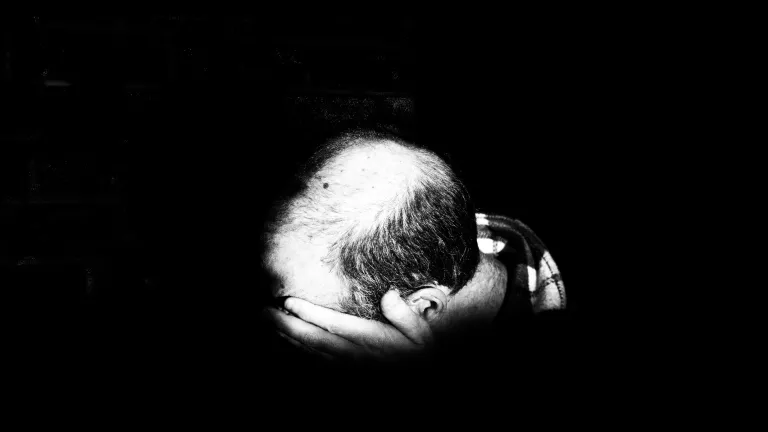Hannah: a Case Study in Giving Thanks (Part 1)
Hannah was the mother of Samuel - one of Israel's greatest prophets - and his birth was a direct answer to her prayers. With Thanksgiving approaching, let's consider her story as a case study on the proper attitude and spirit of thankfulness. In this first post, I'll analyze Hannah's condition and mindset prior to Samuel's birth.
Hannah was married to a man named Elkanah, who had another wife named Penninah. In that time, having children was considered an enormous blessing, and men tended to (wrongly) give more or less value to their wife depending on the number and gender of her children. In a case such as Elkanah, when a man had more than one wife, this often led to terrible conflict between the wives as they would compete for dominance. Recall the dramatic struggle that this caused between Rachel and Leah in Genesis 29-30!
Hannah was barren (prior to Samuel's birth), but Penninah had several sons and daughters. The temple had not yet been built, so Israel worshiped at the tabernacle in Shiloh, where Elkanah and his family traveled yearly to celebrate the Holy Days and to make offerings, as God commanded (Deuteronomy 16:16). Elkanah provided portions to his wives and all of his (i.e. Penninah's) children to give as offerings (1 Samuel 1:4). He thoughtfully made sure to give Hannah an extra large offering in order to show her that he still loved and valued her as much as he did Penninah, even though she had no children (1 Samuel 1:5). However, this kind gesture was no match for Penninah's tactics: 1 Samuel 1:6 says that Penninah "provoked [Hannah] severely, to make her miserable, because the LORD had closed her womb." As if being barren wasn't shameful enough, Penninah really rubbed it in! Facing ridicule on such a sensitive subject, it's no wonder that Hannah spent much of her time in Shiloh each year crying, unable to even eat because of Penninah's gloating (1 Samuel 1:8).
These annual offerings were intended to be an expression of thankfulness for God's blessings throughout the year. Instead, Penninah used it as an opportunity to boast about the children she had birthed rather than expressing sincere gratitude to God for the children He had given her! Penninah clearly missed the mark, not only by her poor treatment of Hannah, but also by taking pride in what she had without giving due credit to God - if she had truly credited God for her children, she would have known better than to brag at Hannah's expense!
How did Hannah view those times of giving offerings? Wouldn't that kind of negativity eventually discourage her from wanting to make the trip to Shiloh? Astoundingly, even with the looming stigma of Penninah's merciless glorying, there is no record of Hannah being reluctant to go before God to give offerings! Instead, she trusted in God and faithfully gave thanks each year without bitterness towards Him. Hannah's attitude is certainly the attitude that we ought to have before God: neither blaming Him for our problems, nor being reluctant to give thanks because of the seemingly greater blessings of others, but humbly acknowledging that He has supplied our every need and continuing to trust in Him to provide as He sees fit!
This Thanksgiving, make sure that you aren't merely enjoying what God has given you or discouraging others by flaunting your abundance, as Penninah did. Instead, emulate Hannah's attitude: be humble, thankful, and prayerful before God!
Be on the watch for my next blog post, in which I'll focus on Hannah's prayer for a child. I'll demonstrate by Hannah's example what our attitudes should be like when asking for blessings, whatever our specific needs may be.





